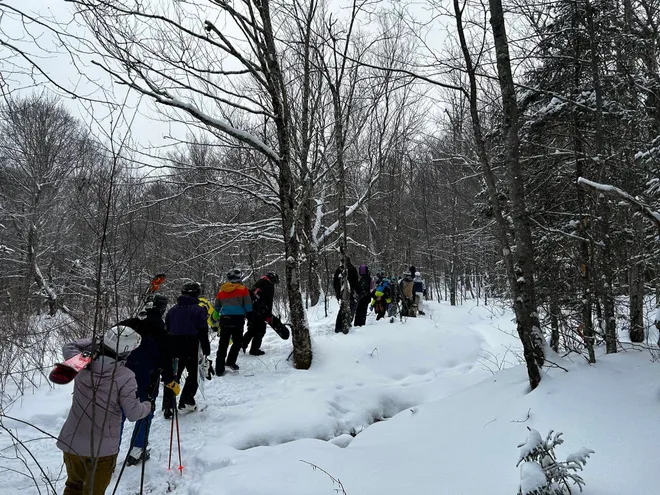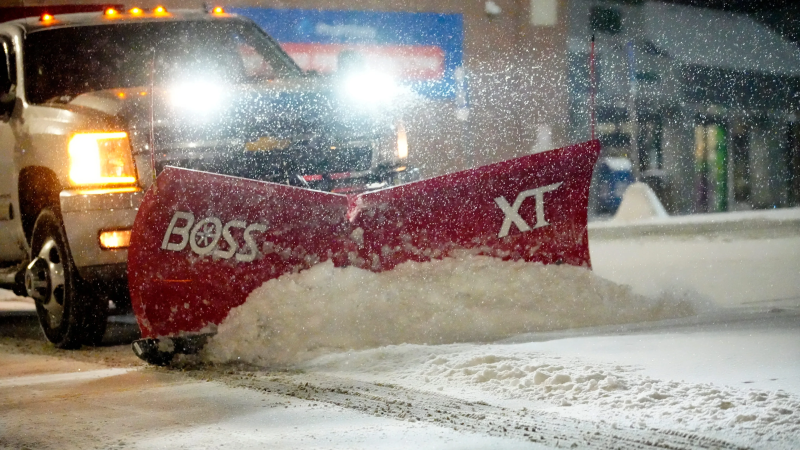23 skiers, snowboarders rescued from Vermont backcountry in deadly temperatures
First responders in Vermont rescued 23 skiers and snowboarders from the backcountry after they were reported missing amid a blast of arctic air that dropped temperatures into the single digits, authorities said.
The police department in Killington, a town in the Green Mountains of central Vermont, received a call that seven to nine people were missing in the backcountry at about 3:30 p.m. on Saturday, the department said in a social media post. After the state police's search and rescue team was brought in, it was determined that 21 people, including six juveniles, were missing.
The search team hiked and snowshoed about 5 miles in freezing temperatures. After each person was found, they were warmed up in firetrucks or the personal vehicles of first responders.
Just as the rescuers were preparing to leave, an additional call reported that two other people were lost. By 9:30 p.m., the two skiers also were brought to safety.
Over the weekend, temperatures in much of the Plains, the Midwest and the Northeast plunged into the single digits; wind chills were as low as minus 20 to minus 30 degrees in some areas. The arctic air, which stretched across much of the country, followed a series of deadly winter storms last week that had killed 91 people as of Sunday.

The dangers of snow sports
Earlier in the month, an avalanche barreled down a California ski resort near Lake Tahoe, killing one and injuring three others.
The incident reminded winter recreationists across the country the dangers of snow sports. Skiers and snowboarders have been advised by industry experts, such as the National Ski Areas Association, to be aware of dangerous weather, changing snow conditions, machinery working on slopes, and other recreationists.
Over the 2022-23 U.S. ski season, the national association reported 46 skier and snowboarder fatalities in ski areas. The total number of fatalities for the season was slightly higher than the 10-year industry average of 42 fatalities a season, according to the group.
The primary factors of fatal incidents included speed, loss of control and collisions with objects on slopes. The season also had record-breaking snowfall, the ski areas association said, which contributed to an "unusually high number" of deep-snow immersion fatalities.

Disclaimer: The copyright of this article belongs to the original author. Reposting this article is solely for the purpose of information dissemination and does not constitute any investment advice. If there is any infringement, please contact us immediately. We will make corrections or deletions as necessary. Thank you.







